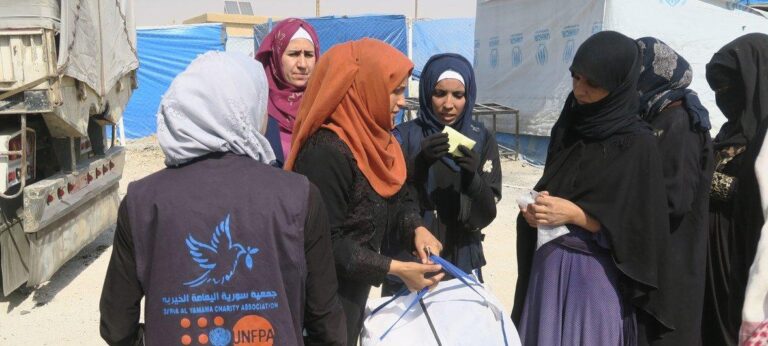WHO Advocates Progress for Syrian Women’s Health
The ongoing conflict in Syria has significantly impacted the health of women and girls, leading to a pressing need for international attention and intervention. The World Health Organization (WHO) is taking steps to address these issues. Improving women’s health in crisis-affected areas is crucial for rebuilding communities and ensuring future generations have better health outcomes.
Challenges Faced by Women in Syria
Women in Syria face numerous health challenges exacerbated by the prolonged conflict, including limited access to healthcare services. Many healthcare facilities have been damaged or destroyed, leaving women with no safe options for medical care. This situation has led to an increase in maternal mortality rates and other serious health issues.
WHO’s Initiatives and Programs
To combat the adverse health effects of the Syrian conflict on women, the WHO has implemented various programs aimed at improving access to healthcare. These initiatives focus on reproductive health, mental health support, and the treatment of chronic diseases among women. Collaboration with local health authorities and NGOs is essential to reach the most vulnerable populations effectively.
The Importance of Women’s Health in Recovery
Investing in women’s health is not just a health issue; it is also essential for the socio-economic recovery of Syria. Healthy women are better able to contribute to their families and communities. By addressing health disparities, the WHO aims to empower women as key agents of change in post-war Syria.
Support and Resources for Women in Syria
Various organizations are working alongside the WHO to provide essential resources for women’s health in Syria. Programs offering maternal care, nutrition, and psychological support are critical for holistic recovery. More information about the specific interventions can be found at Borgen Project.
Conclusion
The WHO’s advocacy for Syrian women’s health highlights the need for a comprehensive approach to overcoming the health challenges faced by women in conflict. Progress is being made, but consistent effort and support are required to sustain and enhance these initiatives. Only through collaborative action can we ensure that every woman in Syria has the opportunity for a healthy future.

